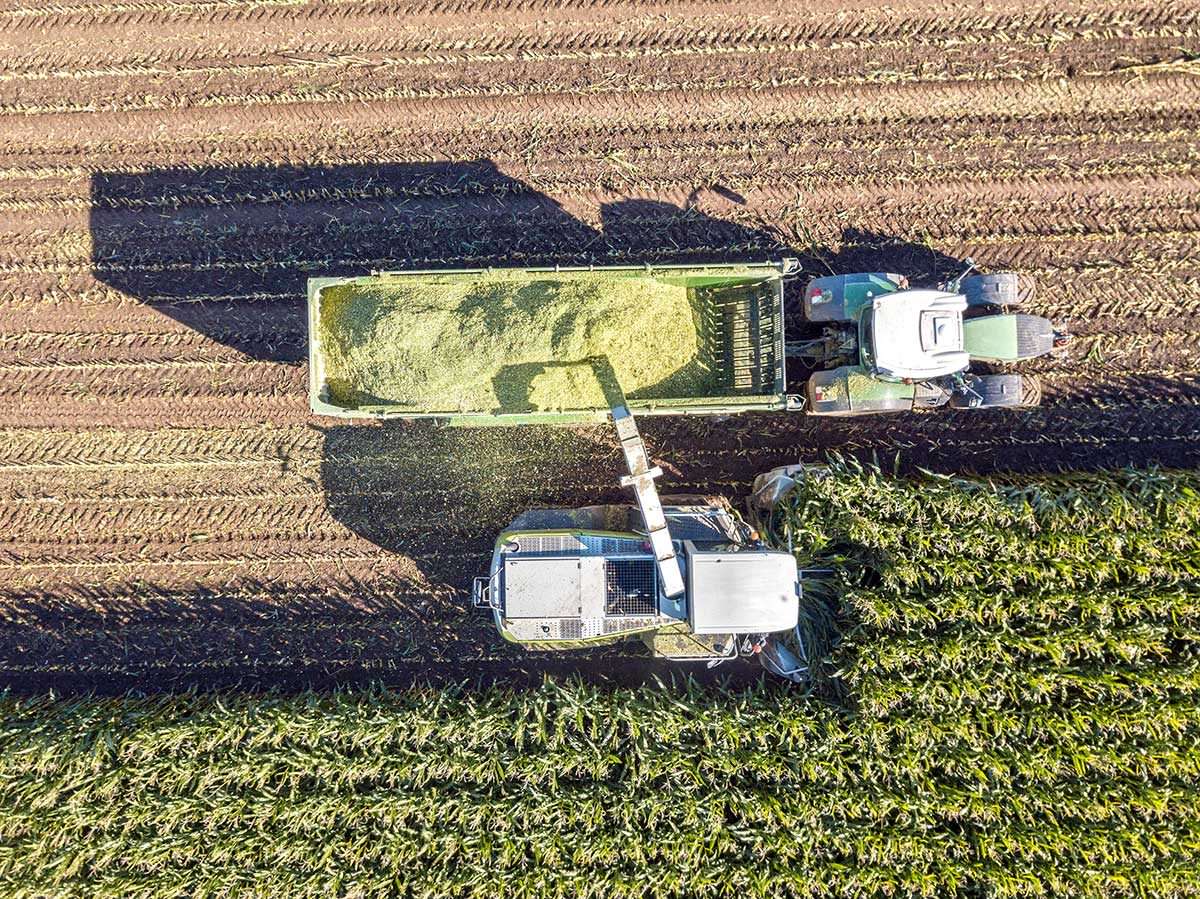We've done all the adapting for the corn. Now it can't adapt itself.

The study, which you can read in its entirety here, is a large-scale examination as to whether these highly specialized corn varieties have maintained the ability to adapt. It starts off by noting the amazing work breeders have done (“remarkable productivity has been achieved”), then looks at whether there’s a cost to this productivity, particularly in regard to the effects of climate change.
Unfortunately, it seems the answer is yes. The researchers worked with 12 universities throughout North America to test more than 850 unique varieties of corn and measure their ability to cope with environmental changes. They found that the most specialized corn varieties showed a reduced ability to adapt – “plasticity,” in agronomist-speak – a variable that can be measured with a fairly high degree of confidence. It seems that by attempting to breed higher-yield crops, we may have bred out plasticity.
Researchers also note that there’s a trade-off; trying to breed cultivars that are amenable to a wide array of environments might reduce plasticity loss, but that would also mean an overall loss of performance across the board. As with so many issues, there might not be a solution here that solves all problems: A highly adaptable corn would be less productive; a highly specialized corn would require constant tinkering to make sure it can handle a changing world.